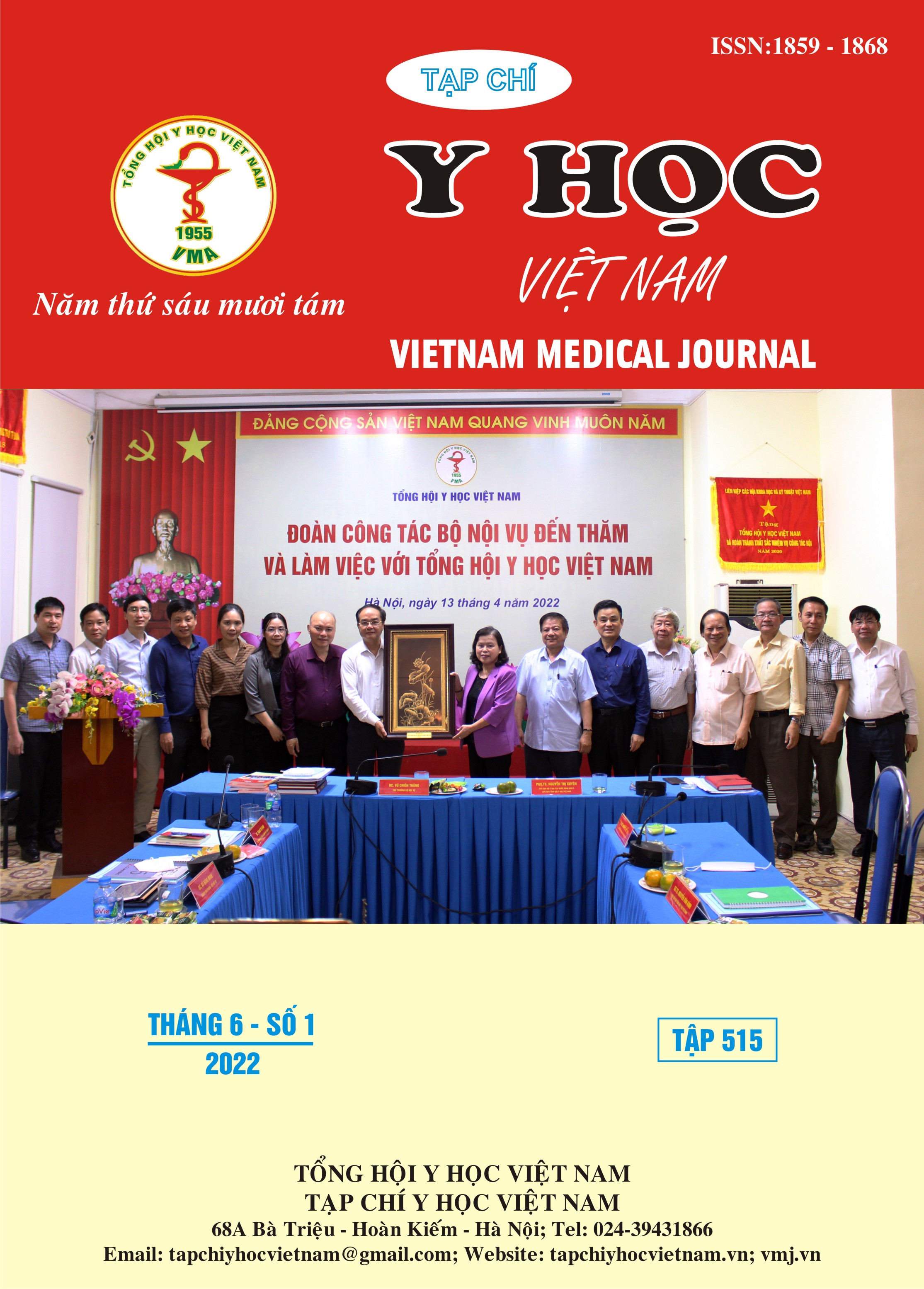THE RELATIONSHIP BETWEEN MEDICATION LITERACY WITH MEDICATION ADHERENCE IN TYPE 2 DIABETES OUTPATIENTS
Main Article Content
Abstract
Objectives: The purpose of this study was to explore the link between medication literacy and medication adherence in type 2 diabetes outpatients. At Saint Paul Hospital, a cross-sectional study was done. A structured questionnaire was used to interview patients diagnosed with type 2 diabetes (T2D). Results: The study included 250 patients, with 150 (60%) of them being female. The average age was 67.5, and the average duration of diabetes was 9.6 years. The Medication Adherence Report Scale-5 (MARS-5) was used to measure diabetes medication adherence, with a higher adherence score indicating greater adherence. The average MARS-5 scores was 23,1 ± 3,1 (maximum 25). The Medication Literacy Measure (MLM) was used to assess medication literacy, with a higher score indicating better medication literacy. The average MLM score was 8,3 ± 4,9 (maximum 17), with 27.2 percent of patients having high level. The link between medicine literacy and medication adherence is statistically significant (β = 0,192; P 0,036), according to multivariate linear regression. Conclusion: The study showed that patients with higher medication literacy had better diabetes medication adherence. Patient education programs that increase medication literacy may help T2D patients adhere to their medications better.
Article Details
Keywords
Diabetes, medication literacy, adherence, Saint Paul hospital
References
2. Abdullah, N.F., et al. (2019). Effect of patient characteristics on medication adherence among patients with type 2 diabetes mellitus: a cross-sectional survey. Contemp Nurse. Vol 55, No.1, p. 27-37.
3. Nguyễn Hồng Phát, N.T.K.C., Trương Viết Thành, (2018). Đánh giá sự tuân thủ sử dụng thuốc ở bệnh nhân đái tháo đường typ 2 tại Bệnh viện Đại học Y Dược Huế. Hội nghị khoa học Dược bệnh viện Hà Nội mở rộng năm 2018.
4. AlShayban, D.M., et al.(2020). Association of Disease Knowledge and Medication Adherence Among Out-Patients With Type 2 Diabetes Mellitus in Khobar, Saudi Arabia. Front Pharmacol. Vol 11, p. 60.
5. Hoogendoorn, C.J., et al. (2019). Depressive symptom dimensions and medication non-adherence in suboptimally controlled type 2 diabetes. J Diabetes Complications. Vol 33, No.3, p. 217-222.
6. Zheng, F., et al.(2020). Relationship Between Medication Literacy and Medication Adherence in Inpatients With Coronary Heart Disease in Changsha, China. Frontiers in pharmacology. Vol 10, p. 1537-1537.
7. Chan A. H. Y., H.R., et al. (2019). The Medication Adherence Report Scale (MARS-5): a measurement tool for eliciting patients' reports of nonadherence. Br J Clin Pharmacol.
8. Ahorsu, D.K., et al.(2020). The Fear of COVID-19 Scale: Development and Initial Validation. International Journal of Mental Health and Addiction.


